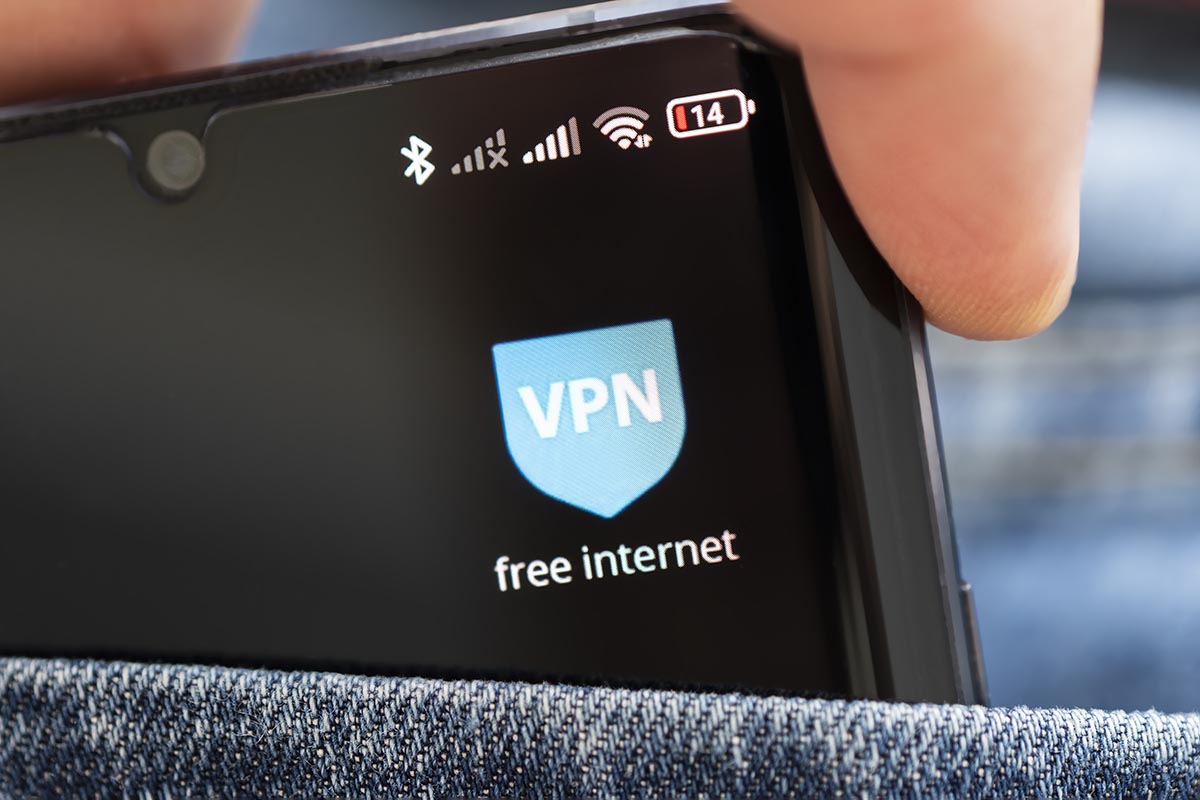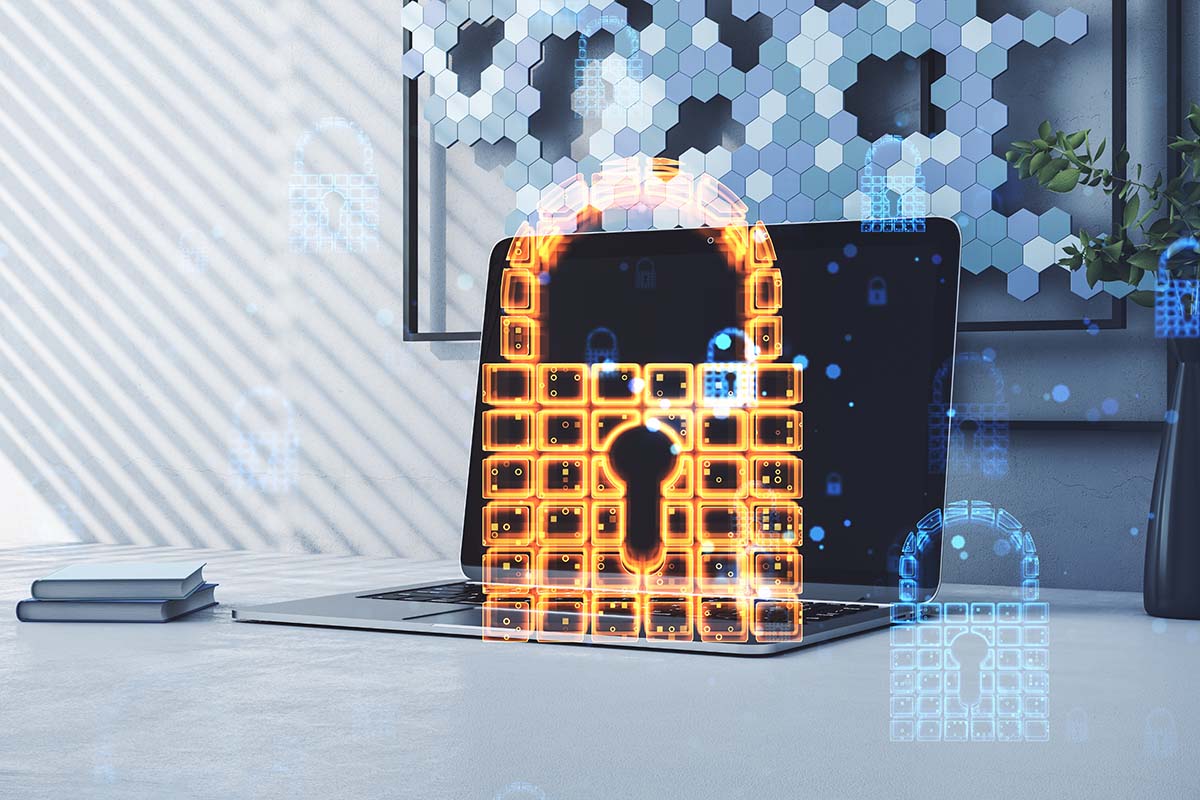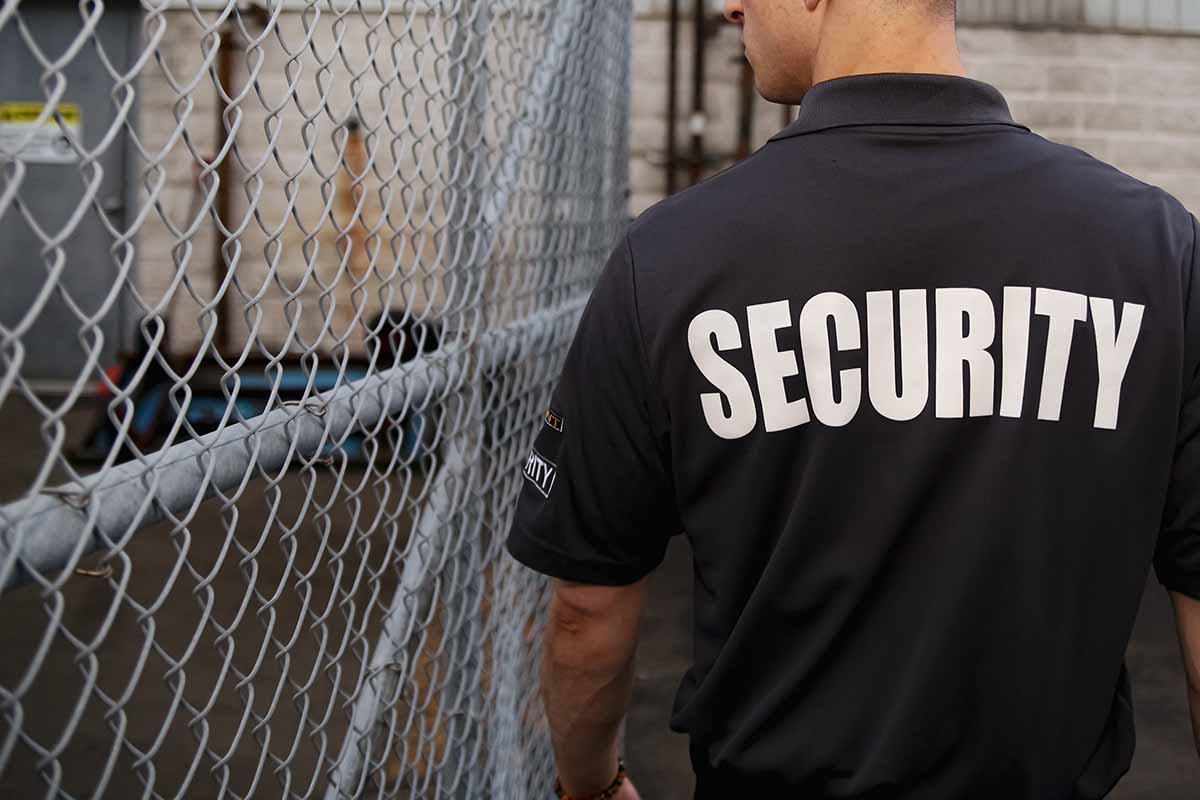Top 8 Cyber Security Tips for Your Business
Cyber security is the most important aspect of any business today. You must have a good cyber security plan in place to protect yourself and your personal information. A hacked website or personal account can cause serious financial loss to your business and reputation.
It’s also a good idea for small businesses to get help from a reliable managed service provider like IT Support New Jersey. Companies can also keep their data and network safe by following these simple tips:
Keep Software Up to Date
All software needs updating, and your computer will be open to security threats if you don’t keep them up to date.
- Keep the operating system (OS) updated. The OS is the software that comes with your computers, such as Windows or MacOS. It’s responsible for managing all the other software on your machine. The best way to ensure you’re getting regular updates is by changing Windows Update settings in Control Panel (Windows) or System Preferences (Mac).
- Update your antivirus and other security programs regularly. If there are any new viruses out there, these solutions will be first detected and blocked from harming your machine. However, some viruses may still be capable of getting around these defenses.
- Check that you have up-to-date firewall protection enabled. This will block hackers from trying to break into your network via the internet connection through an ‘open port.’ Firewalls come as standard with most operating systems, so check yours have not been disabled accidentally by adjusting Internet Security settings via Control Panel/System Preferences, depending on which OS you use at home or work.
Cyber security tips for business: Use a VPN
A VPN, or virtual private network, encrypts your data and protects you from hackers by creating an encrypted connection between your device and a server somewhere else. VPNs can also be used to access geo-restricted content.
Another benefit is privacy: since all of your traffic passes through an encrypted connection between the server and your device (and not on public networks), it’s more difficult for others to monitor what sites you visit or collect information about who’s sending emails back home.
Anti-Virus Protection and Firewall
A firewall protects your network and monitors its activity, while an anti-virus program detects and removes malicious software like viruses, adware, spyware, and worms. In general, they work together by blocking any suspicious activity on the network, so hackers fail to access network assets and data.
Cyber Security Tips for Business: Train Employees on Cybersecurity Protocols
Employees should be trained to recognize phishing, social engineering, ransomware, DDoS, and zero-day attacks. To help reduce the risk of your company falling victim to these types of cyber threats, it’s essential that you thoroughly educate all employees on how they are most likely going to be targeted based on their job function or role within your organization.
Having your employees attend training sessions will help them be more aware of potential cyber threats. Training sessions should cover phishing scams, social engineering (fake emails and phone calls intended to get someone else’s sensitive information), ransomware (malware that locks your device until you pay a ransom), and so forth. Simulated training exercises are a great way to prepare employees to respond to an emergency cyber security scenario.
Protecting Personal Identifiable Information (PII)
Personally Identifiable Information (PII) is any information that can be used to identify an individual. This can include name, birth date, and more. While PII may seem harmless at first glance, it’s a valuable commodity on the dark web. So if you’re storing PII in your business’ email system or social media platform, you need to take steps to protect it from hackers.
One way of protecting personal information is by using strong passwords. We recommend using a robust password management solution to manage passwords automatically. This is far more reliable than relying on your browser’s password management capabilities.
Do Not Use Public Wi-Fi
Public Wi-Fi networks can be prone to attention from cybercriminals because they are usually unsecured and easy for hackers to access. To stay safe, use a virtual private network (VPN) when you log on to public Wi-Fi networks.
A VPN will encrypt the information sent and received from your device so that only you can see it. It also hides your IP address, making it difficult for anyone else to trace you or monitor where you are surfing online.
Backup Your Data Regularly
To prevent data loss, you should back up your information regularly. A good rule of thumb is to back up your data at least once a day. If you are using an online backup service, it is recommended that you ensure the service has a remote location.
This ensures that if one of their servers goes down or becomes compromised, there will still be a backup copy in another location. It is also recommended that, if possible, the storage locations be disconnected from each other so malware or viruses on any server can’t corrupt them.
Suppose this isn’t possible due to network capacity issues. In that case, Cybersecurity Services recommends backing up data locally on both servers and then uploading copies periodically to cloud storage providers like Amazon S3 (Simple Storage Service).
Protect your data
Keeping your data safe is a top priority for any business owner. The costs of a data breach can be extremely high, not only financially but also in terms of your company’s reputation and the trust of its customers.
Data breaches can lead to financial loss, identity theft, and legal action. The average data breach cost continues to rise as hackers become more sophisticated and harder to detect. In addition, even if there aren’t significant losses due to the breach itself, it could have an impact on sales if customers lose confidence in purchasing from your company because they feel their personal information has been compromised.
Post courtesy: Chris Forte, President, and CEO at Olmec Systems.




















